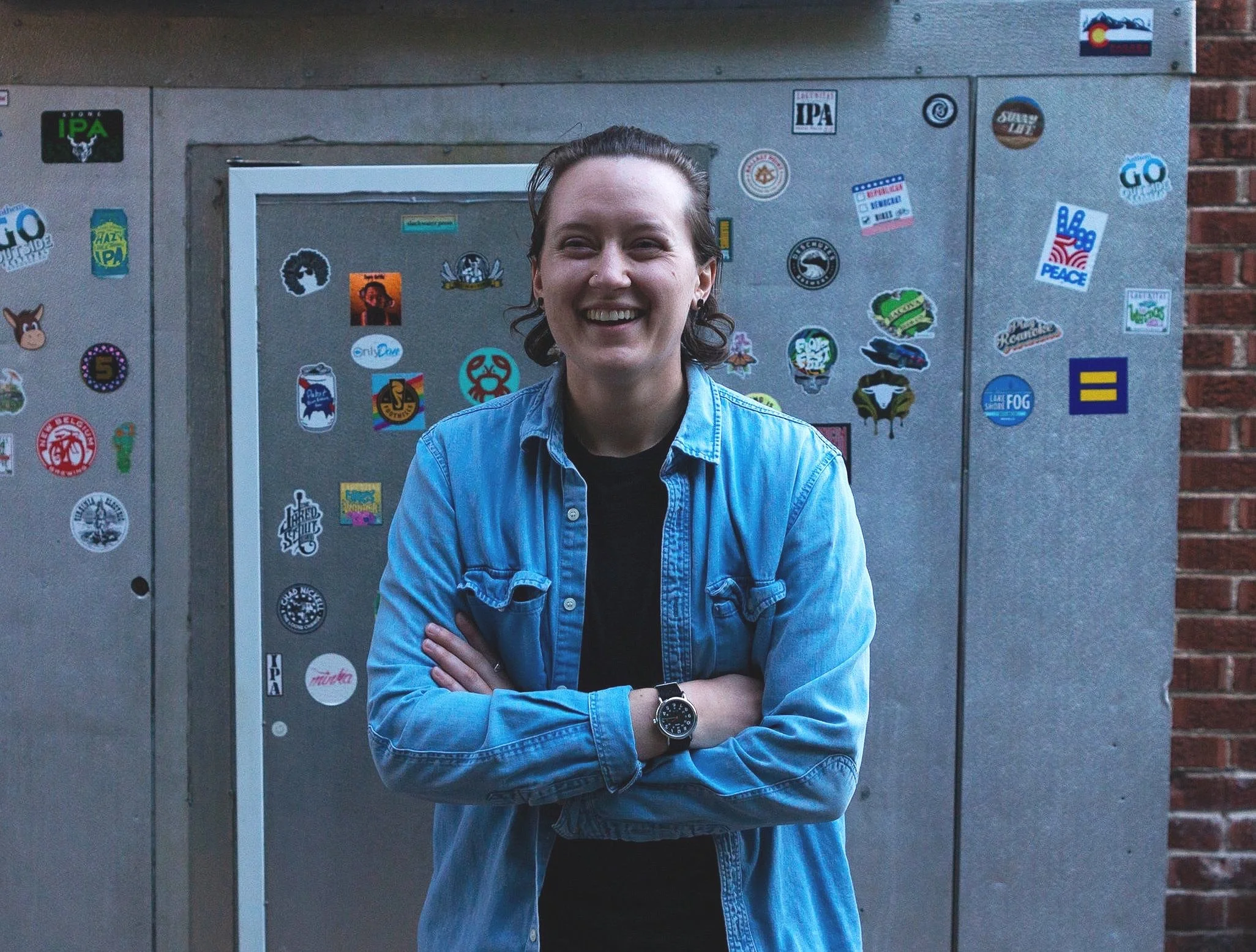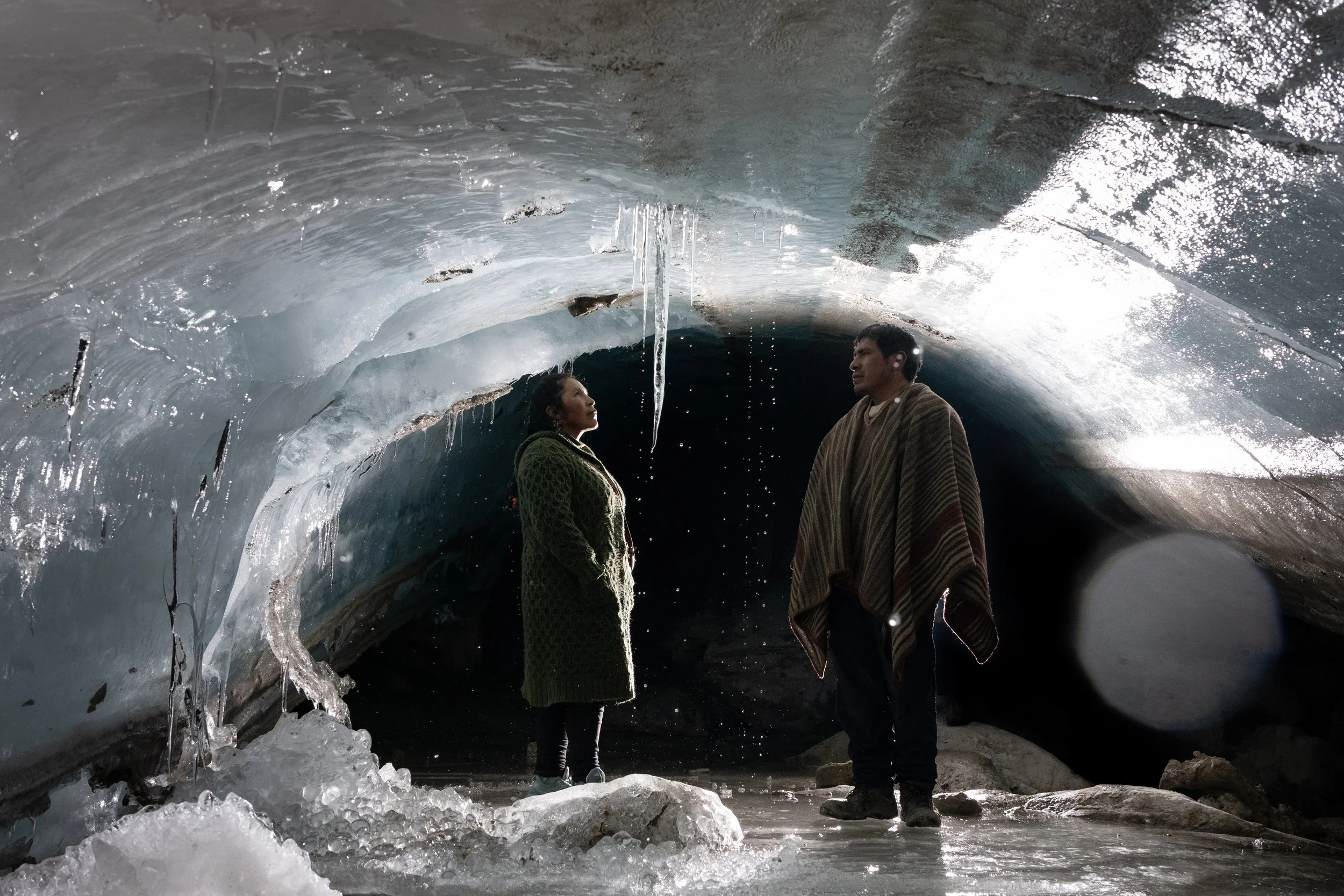The Amazon covers over seven million square kilometres, touches nine South American countries, and represents half of Earth's rainforests. It's also home to an estimated 390 billion trees.
Despite concerns spanning decades, fears of the impacts of deforestation, illegal mining, and droughts on the Amazon are resurfacing. Around 60% of the rainforest is in Brazil, 13% in Peru and 10% in Colombia; the remainder lies in smaller neighbouring countries.
Unbeknownst to many, deforestation in the Amazon affects climate in other regions of the world. However, those affected most are the indigenous tribes that have called the forest home for centuries and still do.
Fortunately, one organization is working to reduce the impact of deforestation and its effects on the communities and the ecosystem.
Founded by Jorge Hirofumi Shigematsu in 2007, Green Hope is a Colombian non-profit that operates by recovering damaged forest land in Colombia. The organization was featured in Photographers Without Borders' debut print magazine, with coverage by photographers Sienna Clough and Artem Nazarov. Having worked with different indigenous communities, Green Hope helps rebuild deforested land by reforestation. This is achieved by facilitating conservation projects and sharing knowledge.
“After Photographers Without Borders visited us, the media and video coverage we gained has been very important in showing the world what we do," Shigematsu said. "Making people want to help us get, get involved and get closer to what is happening in the Amazon is crucial. People feel that the Amazon is closer to them.”
The organization’s work has been impactful and continues with plans to spread their message in different regions across the Americas. “We are expecting to open Green Hope in the United States and get support from companies interested in supporting us," Shigematsu said. "Also, this year we are expecting to open Green Hope Mexico and begin a reforestation project."
Though Green Hope has been successful, common political barriers like a lack of government support make paths a little harder to cross. “Nowadays, it is still difficult because a lot of corruption exists and often governors, mayors, and politics in general always want to support us if we follow their party," Shigematsu said. "However, Green Hope doesn’t accept help because we are not a political party and we do not get involved with specific political parties.”
You can click here to learn more about Green Hope and their work.
You will also like:





















